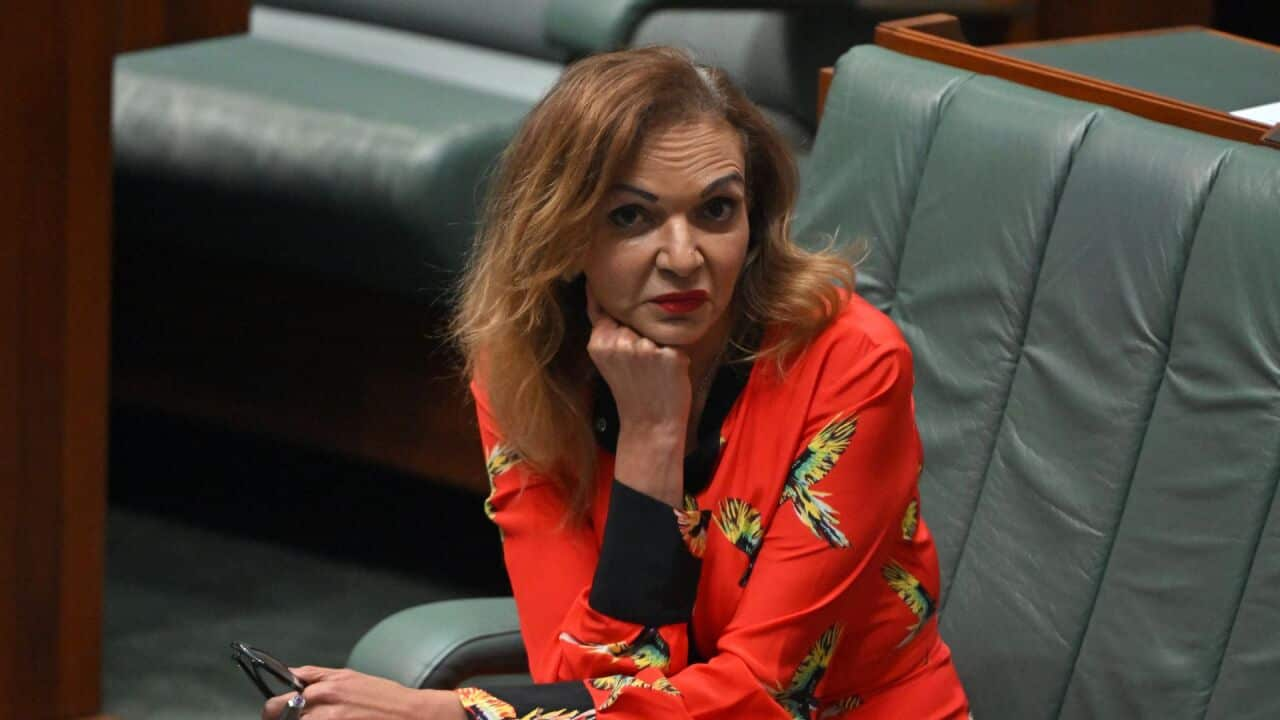Multicultural groups say they are shocked and disappointed by new laws which will force many migrants to wait four years before they can qualify for the dole.
The Federal Opposition has supported the Government legislation that extends the time it takes for some migrants to access welfare benefits after arrival in Australia.
Migrants granted a permanent skilled or family visa after January the 1st next year will have to wait four years to get Newstart payments.
The Greens say they are horrified Labor backed the legislation.
Greens Senator Janet Rice has told parliament it is a shocking attack on multicultural Australia. She said: “This Government, with their agenda of racist dog whistling, of attacks on migrants, of attacks on multiculturalism, it's what we've come to expect. But the absolutely appalling thing is that Labor are supporting this bill. Labor, who call themselves a party of social justice, call themselves a party that supports a welfare safety net, call themselves a party that supports multiculturalism, they have done a deal to support this legislation.”
The Greens say Labor had enough crossbench support to sink the bill but went for the $1.3 billion budget savings it could get if elected at the next federal election.
The Government initially wanted all welfare payments to have a four-year waiting time but agreed to shorter periods for a raft of payments after negotiating with Labor.
Under the deal, the wait for carer payments and parental-leave pay will be extended to two years.
The changes will result in a one-year wait for a carer allowance and family tax benefit Part A.
Waiting times will not apply to refugees, single-parent migrant families or those with one income earner.
The Australian Council of Social Service says the new legislation also goes against the tide of community sentiment.
Chief executive Cassandra Goldie says it is incredible the bill even passed.
“(I’m) shocked and bitterly disappointed that this legislation was passed late yesterday evening in a parliament which is absolutely in chaos, despite all of the advice from the experts, including the representatives of migrant communities. The effect of this bill will be to further impoverish communities that are already on very low incomes,” she said.
The director of the Forum on Australia's Islamic Relations, Kuranda Seyit, echoes those concerns. “It has the potential to disadvantage a lot of people and put them into a situation where they could be quite desperate,” he said.
The Federation of Chinese Associations of Victoria says it has particular concern for families, who could face very tough situations.
President Jun Xi Su says the new laws could create enormous anxiety. “So people will have some sense of insecurity, because they don't know whether they will keep their job and whether they can make enough money to support their family. And I think all the communities who have similar problems will have the same feelings, that this is not family-friendly policy,” said Ms Su.
The Centre for Multicultural Youth says it also fears for young migrants.
Chief executive Carmel Guerra says the legislation is concerning, considering the changes could limit the ability of young people to participate in the community.
Ms Guerra says international evidence shows participation creates citizens who actively contribute and, in countries with income support, crime is generally down.
She says withholding a financial lifeline could lead more people to make desperate decisions. “In a country like Australia, and in Melbourne in particular, if we're starting to deprive people of some sense of income and (of) giving them some hope to contribute, yes. Now, often, you will see that young people will turn to crime as a way of getting access to things that they can't get any other way,” said Ms Guerra.
Ms Guerra says the legislation fails to address the big picture. “This is another example of where short-term thinking overrides long-term thinking and about the damage you can cause for a really short time in relation to the contribution that these people will make in the long term,” she added.
Finance Minister Mathias Cormann has defended the new laws, saying they will make the system more sustainable and fairer.
He says the changes meet community expectations that the welfare system should encourage greater self-reliance where fair and reasonable.
But Cassandra Goldie, with the Australian Council of Social Service, says the legislation needs to be amended at the first opportunity. “We urge, at this point certainly, the potential turn of government, Labor, to acknowledge that they've made a mistake and to commit to correcting it if they are elected in a future government,” Ms Goldie said.
Centre Alliance senator Rex Patrick has told parliament he fears the legislation could also set a dangerous precedent. “Once we take this step, there's no guarantee other Australians won't be targeted down the track. For example, a future government could decide to deny family tax benefits to people under a certain age. It may also decide to extend newly arrived residents' waiting periods from four years to five, or even 10,” said Mr Patrick.







